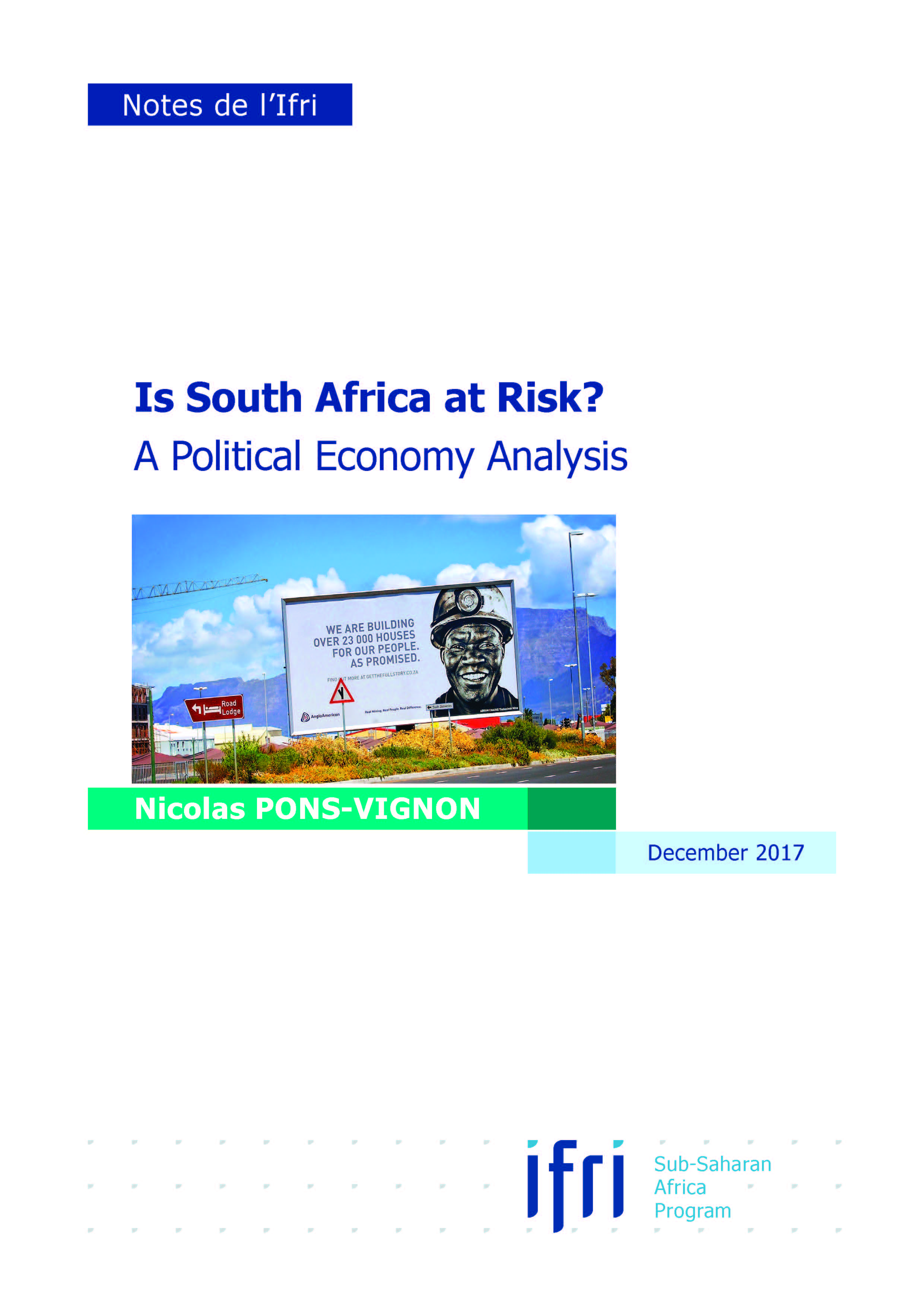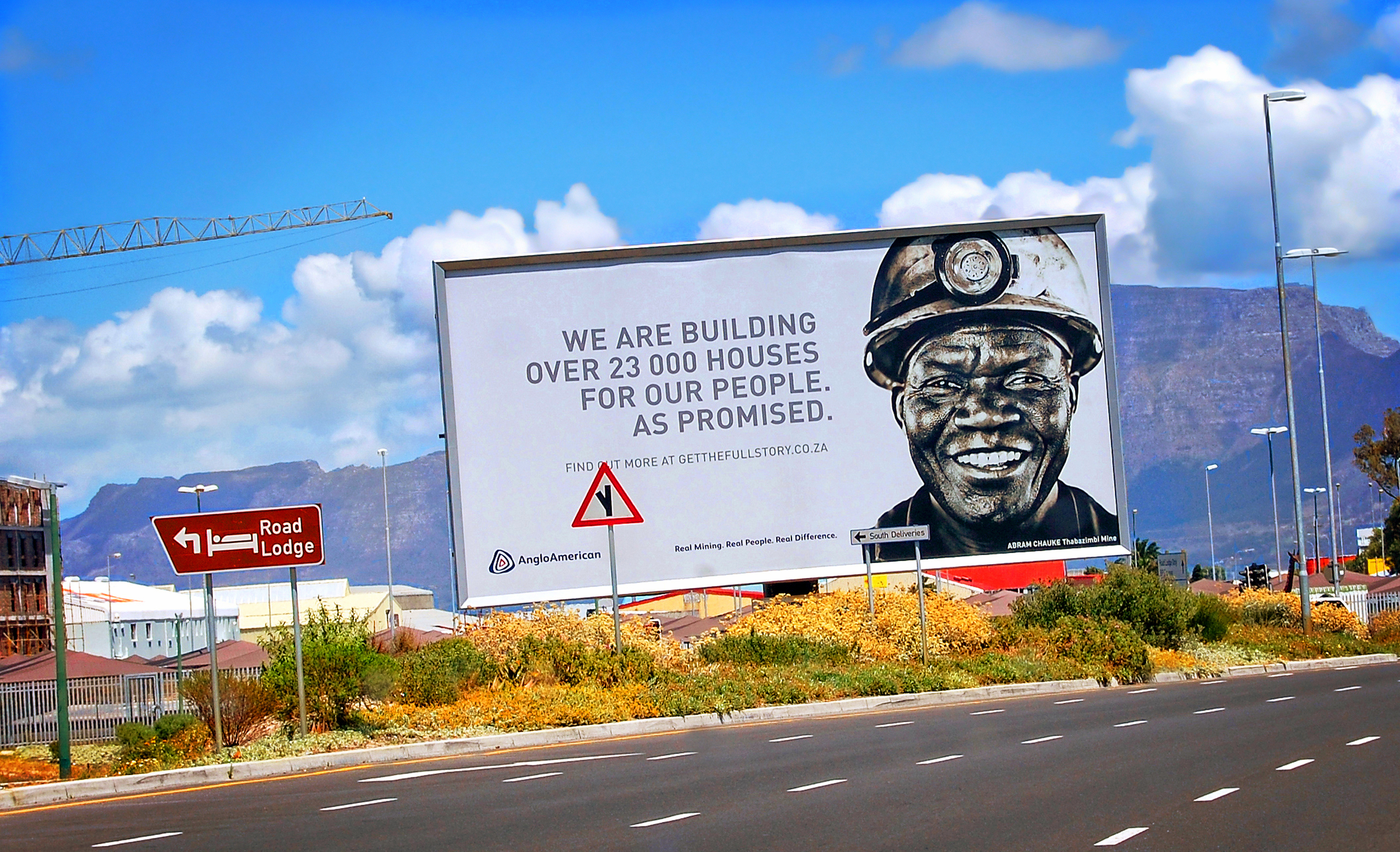Is South Africa at Risk? A Political Economy Analysis

The President, Jacob Zuma, replaced his respected Minister of Finance, Pravin Gordhan, on the 30th March 2017. It was the second attempt in two years (this time successful) to put an official in this key position who is "acquiescent" to the president's projects.

The immediate consequence of this cabinet reshuffle was the lowering of the South African debt rating to the "junk" status by Standard & Poor's and Fitch. Despite many calls to resign, President Zuma managed to stay in office, partly due to the mobilisation of disparate supporters. Nevertheless, South Africa is in a very difficult situation, both from an economic and social point of view.
In order to shed some light on the current crisis, it is necessary to revisit the marked deterioration in social relations since 1994, with an increase in "bottom up" protests, which culminated with the expulsion of the main trade union, the National Union of Metal Workers of South Africa (NUMSA), from the Congress of South African Trade Unions (COSATU) in 2015. We will demonstrate that the South African stalemate is the result of adopting neoliberal policies masked by a rhetoric claiming that growth and poverty reduction are at the heart of the government's project. However, the Republic of South Africa (RSA) cannot in any case be considered as a developmental state in the sense of the East Asian "tigers", and has experienced growth-reducing structural change (characterized by an early de-industrialization process). We will also discuss the growing inequalities since the 1990s, invalidating the idea, dear to the ANC that the country is seeking to emulate the northern European welfare state model. In a context of extremely high structural unemployment, the main source of mutual aid is private and is made up of transfers between households. The adoption of a national minimum wage of R 3,500 per month (around € 250), due to come into effect in 2018, is a positive step, albeit too late. Indeed, the consequences of weak growth and the build-up of frustration since 1994 could well plunge the country into a serious political and economic crisis.
Download the full analysis
This page contains only a summary of our work. If you would like to have access to all the information from our research on the subject, you can download the full version in PDF format.
Is South Africa at Risk? A Political Economy Analysis




